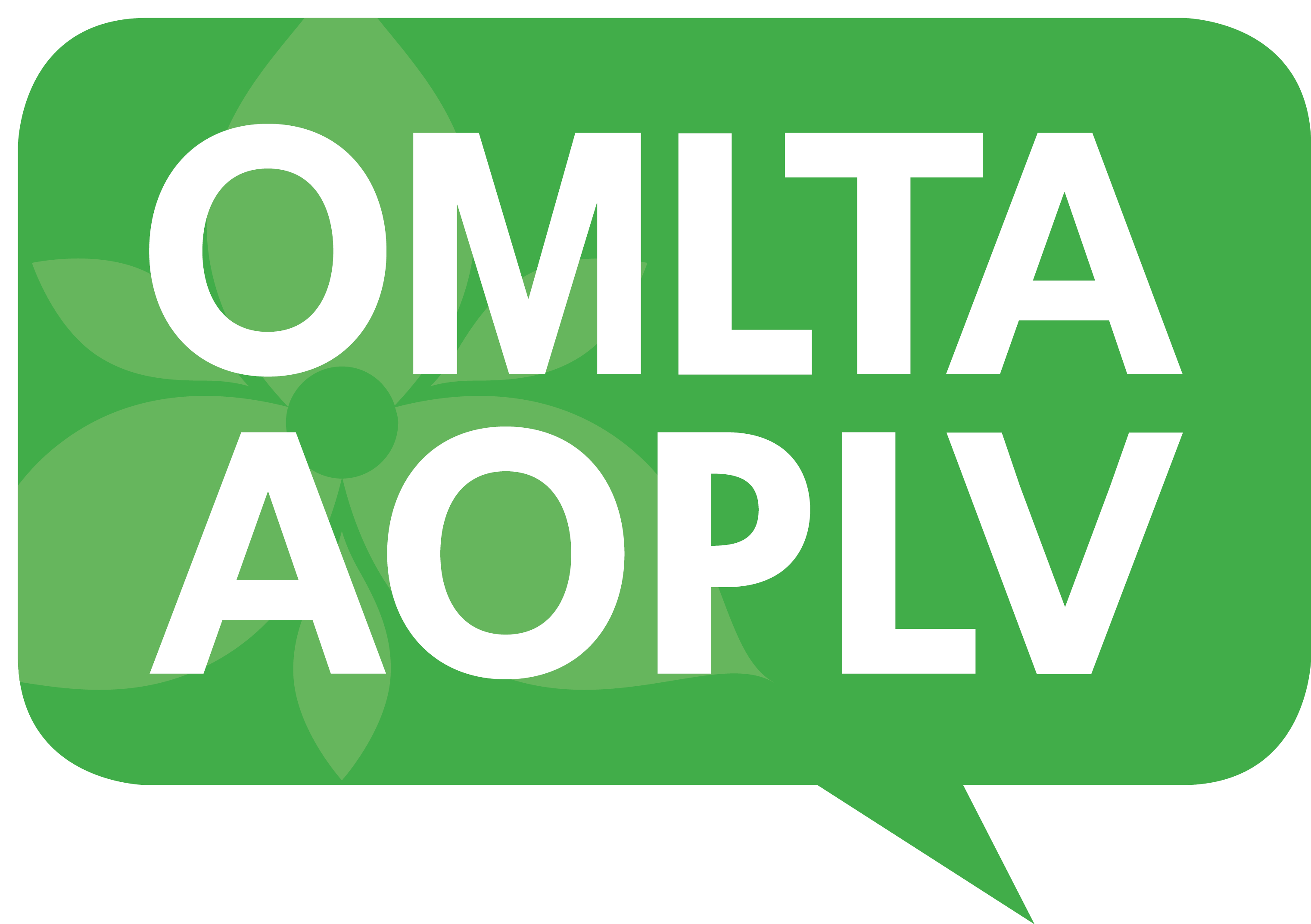
The OMLTA/AOPLV presents the first series of networking sessions for FSL educators available to watch online. With the support of the Ministry of Education and the Government of Canada, OMLTA has worked to provide you with resources and strategies to support the teaching of reading in FSL programs.
Module 1: La compréhension
Ce module explorera:
- Définir la compréhension et son importance
- Faire des liens entire la compréhension, le curriculum, le CECR, et la littératie structurée
- Explorer des strategies et des ressources pour accroître la compréhension
Module 2: La fluidité
Ce module explora:
- Définir la fluidité et son importance
- Faire des liens entire la fluidité, le curriculum, le CECR, et la littératie structurée
- Explorer des strategies et des ressources pour accroître la fluidité
Module 3: La phonétique
Ce module explora:
- Définir la phonétique et son importance
- Faire des liens entire la phonétique, le curriculum, le CECR, et la littératie structurée
- Explorer des strategies et des ressources pour enseigner et consolider la phonétique
Module 4: La conscience phonétique
Ce module explora:
- Définir la conscience phonétique et son importance
- Faire des liens entire la conscience phonétique, le curriculum, le CECR, et la littératie structurée
- Explorer des strategies et des ressources pour enseigner et consolider la phonétique
